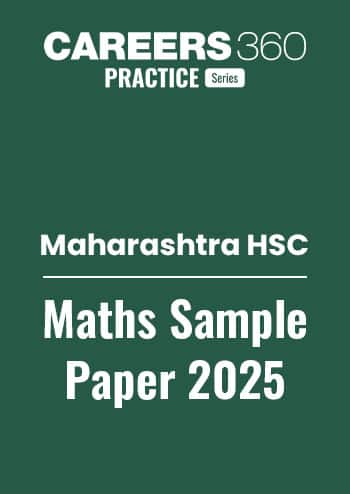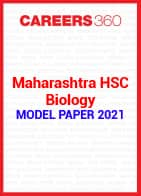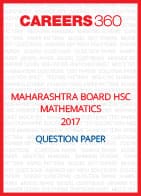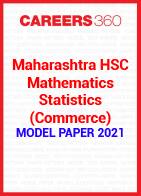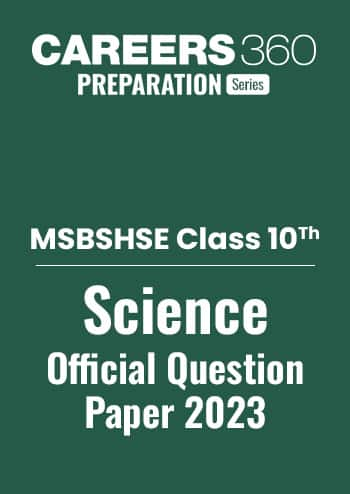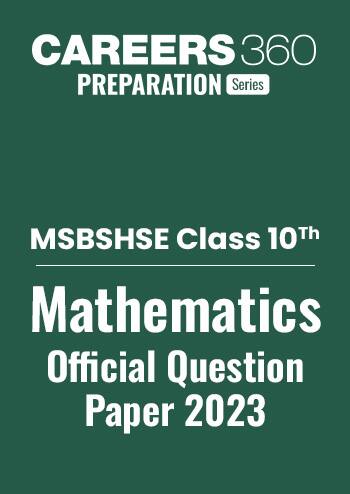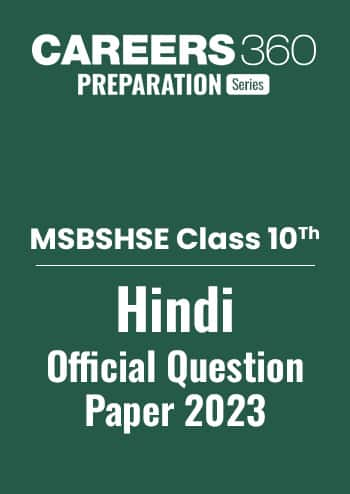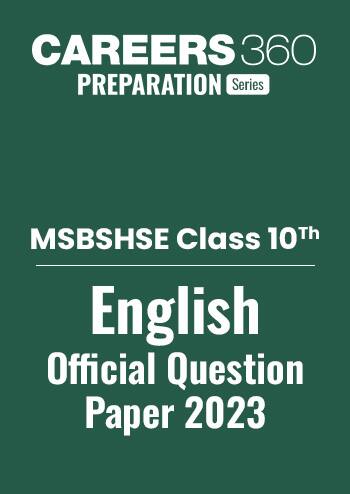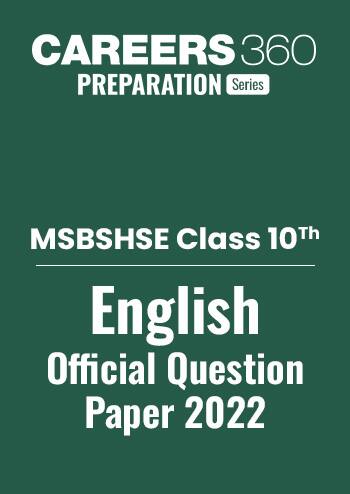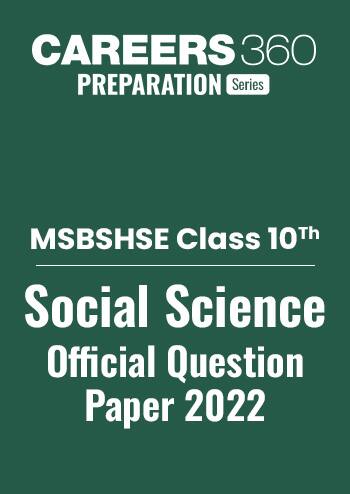Maharashtra State Board 11th Science Books - Download PDF Free Online
The standard textbooks for the Maharashtra State Board of Secondary and Higher Secondary Education (MSBSHSE) Class 11 Science stream are published by the Maharashtra State Bureau of Textbook Production and Curriculum Research (Balbharati). The entire curriculum follows the new syllabus and is aligned with the National Curriculum Framework (NCF). The most important books are the official textbooks for each subject. For Class 11, the subjects are divided into two parts each (except Biology). The main subjects, Physics and Chemistry, are each divided into two separate parts (Part 1 and Part 2). Similarly, Mathematics and Statistics are split into Part 1 (Algebra) and Part 2 (Calculus and Applied Mathematics). The Biology curriculum is comprehensive, covering both Botany and Zoology within a single textbook. Additionally, Information Technology is offered as a common optional subject. The Class 11 Science book assists students in preparing for their final examinations. Just after the SSC board examinations, the 11th Board exams are the most important in a student's career.
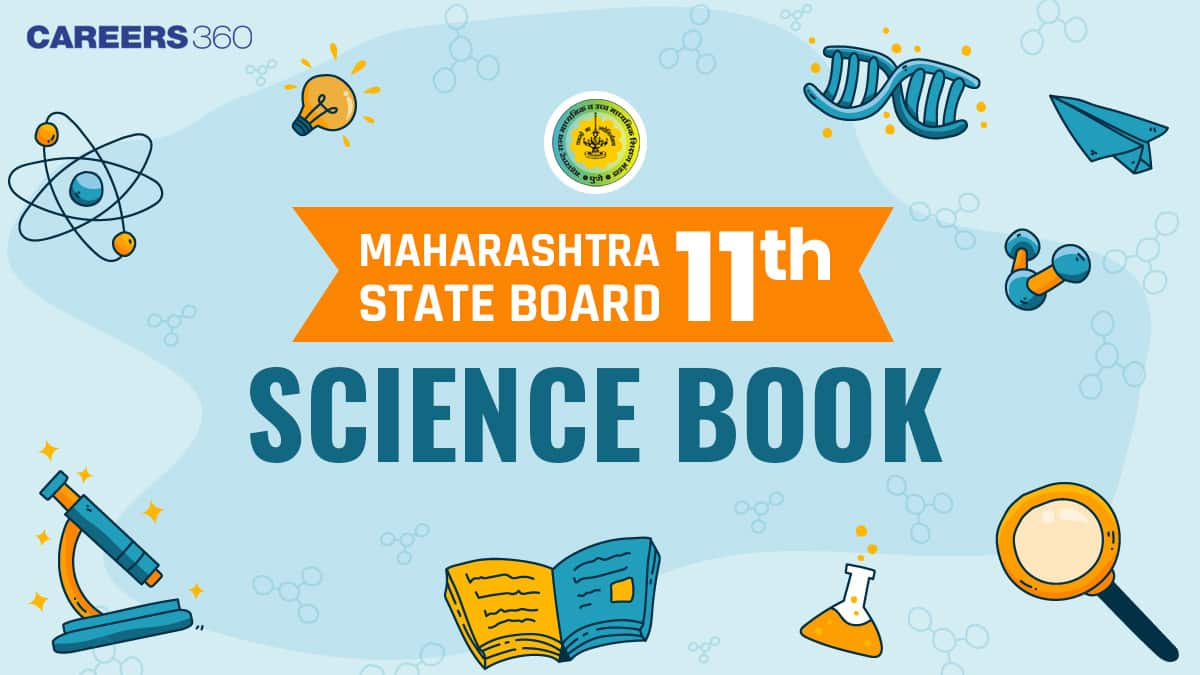
Download Maharashtra State Board Class 11 Science Textbook- PDF Link Here
Students can download the MSBSHSE 11th science textbooks from the link given below. It will help students to prepare better for the exams.
Steps to Download Maharashtra State Board Class 11 Science Textbooks
The textbook PDF in English and the Regional Languages of Class 11 can be accessed through the official website. Students can download the Maharashtra State Board 11th Science book PDF using the steps:
- Visit the official website of the Maharashtra Board’s eBook Library.
- Now, you can select the Syllabus year and the preferred medium.
- Tick the check box on the Science subject, and both parts of the Science textbook in PDF will appear on the screen.
- After that, you have to click the ‘Download’ button to download Balbharti books in PDF format.
- After clicking on download, the PDF book will open in a new tab. To download and save it on the computer, you have to click the download arrow on the top right of the screen.
- In the next step, after clicking the Download button, the page will be redirected to the save-as dialogue box.
- Choose the appropriate location for your book and click Save.
- The PDF book will be available on your computer/mobile
Chapters Included in the Maharashtra Board Class 11 Science Textbooks
Here, we have listed the chapters included in the Maharashtra Class 11 Science book. Check the chemistry, biology, and physics book chapters from the tables:
Chapters Included in the Maharashtra Class 11 Chemistry Textbook
In the table below, students can check the chapters included in the Maharashtra Class 11th book of Chemistry. Check them out.
| Unit No. | Unit Name |
| 1 | Some Basic Concepts of Chemistry |
| 2 | States of Matter: Gases and Liquids |
| 3 | Structure of Atom |
| 4 | Periodic Table |
| 5 | Redox Reactions |
| 6 | Chemical Equilibrium |
| 7 | Surface Chemistry |
| 8 | Nature of Chemical Bond |
| 9 | Hydrogen |
| 10 | s-Block Elements (Alkali and Alkaline Earth Metals) |
| 11 | p-Block Elements |
| 12 | Basic Principles and Techniques in Organic Chemistry |
| 13 | Alkanes |
| 14 | Alkenes |
| 15 | Alkynes |
| 16 | Aromatic Compounds |
| 17 | Environmental Chemistry |
Chapters Included in the Maharashtra Class 11 Physics Textbook
In the table below, students can check the chapters included in the Maharashtra Class 11th book of Physics. Check them out:
| Unit No. | Unit Name |
| 1 | Measurements |
| 2 | Scalars and Vectors |
| 3 | Projectile Motion |
| 4 | Force |
| 5 | Friction in Solids and Liquids |
| 6 | Sound Waves |
| 7 | Thermal Properties of Matter |
| 8 | Refraction of Light |
| 9 | Ray Optics |
| 10 | Electrostatics |
| 11 | Current Electricity |
| 12 | Magnetic Effect of Electric Current |
| 13 | Magnetism |
| 14 | Electromagnetic Waves |
Chapters Included in the Maharashtra Class 11 Biology Textbook
In the table below, students can check the chapters included in the Maharashtra Class 11th book of Biology.
| Section | Unit No. | Unit Name | Chapters |
| Section I - Botany | 1 | Diversity in the Living World | Chapter 1: Diversity in Organisms Chapter 2: Kingdom Plantae |
| 2 | Structure and Function of the Cell | Chapter 3: Biochemistry of the Cell Chapter 4: Cell Division | |
| 3 | Structural Organisation in Plants | Chapter 5: Morphology of Plants | |
| 4 | Plant Physiology | Chapter 6: Plant Water Relations and Mineral Nutrition Chapter 7: Plant Growth and Development | |
| Section II - Zoology | 1 | Diversity in the Living World | Chapter 8: Kingdom Animalia |
| 2 | Structure and Function of the Cell | Chapter 9: Organisation of the Cell | |
| 3 | Structural Organisation in Animals | Chapter 10: Study of Animal Tissues Chapter 11: Study of Animal Type | |
| 4 | Human Physiology | Chapter 12: Human Nutrition Chapter 13: Human Respiration Chapter 14: Human Skeleton and Locomotion |
Maharashtra State Board Class 11th syllabus
- Maharashtra State Board Class 11th Chemistry Syllabus
- Maharashtra State Board Class 11th Biology Syllabus
- Maharashtra State Board Class 11th Physics Syllabus
- Maharashtra State Board Class 11th Maths and Statistics Syllabus
Best Reference Books for Maharashtra Class 11 Science
Additional study resources for Maharashtra Board class 11th students include the following:
| Subject | Reference Book | Publisher |
| Physics | "Understanding Physics" by H.C. Verma (Part 1) | Bharati Bhawan Publishers |
| "Concepts of Physics" by H.C. Verma | Bharati Bhawan Publishers | |
| "Physics for Class 11" (Maharashtra State Board) | Target Publications | |
| "Problems in General Physics" by I.E. Irodov | Arihant Publications | |
| Chemistry | "Modern Approach to Chemical Calculations" by R.C. Mukherjee | S. Chand Publications |
| "Chemistry for Class 11" by O.P. Tandon | S. Chand Publications | |
| "Maharashtra State Board Chemistry Textbook" | Navneet Publications | |
| "Organic Chemistry" by O.P. Tandon | S. Chand Publications | |
| Biology | "Biology" by Trueman | Trueman Publishers |
| "Maharashtra State Board Biology Textbook" | Navneet Publications | |
| "Essentials of Biology" by U.S. Pandey | S. Chand Publications | |
| "Objective Biology" by Dinesh and G.K. Publications | G.K. Publications |
Study Guides
Latest (View All)
Most Downloaded (View All)
Effective Methods to Use the MSBSHSE Class 11 Science Textbook
- Understand the syllabus: Go through the syllabus carefully. Read each chapter thoroughly. Learn all the topics included in the MSBSHSE class 11 science syllabus. Try to understand the concept behind each term.
- Use of diagrams and examples: The textbook includes examples from real-life scenarios, diagrams, graphs and illustrations. These help students to understand the concepts practically. It allows students to connect the concept with real-life scenarios.
- Given exercises: Exercises are given at the end of each chapter in the textbooks. Students can go through these questions to deepen their knowledge. Exercise contains different types of questions, which will help students to prepare for the exams.
- Regular practice: The textbook contains numerical problems and theory questions in each chapter. Students should practice with these problems regularly to understand how to tackle a numerical problem. They can also practice derivations to memorise it.
Also, Refer To
Overview of MSBSHSE Class 11 Science Textbooks
The Class 11th Maharashtra board book PDF of science covers physics, chemistry, and biology as the main subjects. In Physics, students explore fundamental topics such as measurements, scalars and vectors, projectile motion, force, sound waves, thermal properties of matter, refraction of light, ray optics, and electromagnetic waves. The Chemistry textbook covers essential areas, including the basics of chemistry, states of matter, atomic structure, periodic table, chemical bonding, redox reactions, hydrogen, and s-block elements. In Biology, the textbook includes topics like diversity in living organisms, structure and function of cells, plant physiology, and human physiology. It is written in plain and simple language to help students grasp more about the subject. The lessons are very visual, which helps students learn the procedure quickly. Students can save the Maharashtra State Board 11th Science textbook PDF to their mobile phones, laptops, or desktop computers and begin studying right away.
Frequently Asked Questions (FAQs)
The MSBHSE offers textbooks in 8 mediums including English, Hindi, Marathi, Gujarati, Urdu, Sindhi, Telugu, and Kannada.
Science textbook pdf class 11 Maharashtra board is divided into 3 books each of Chemistry, Physics, and Biology. However, the maths syllabus is categorized into 2 parts.
Students use Adobe Acrobat to view the files as it helps to highlight the important points.
The 11th Maharashtra Board is classified into three streams - Science, Arts and Commerce.
Questions related to Maharashtra SSC Board
On Question asked by student community
Hello Student,
Check out the Maharashtra SSC question practice papers here in the link below. Get more details on exam pattern, marks distribution, and types of questions in these practice papers. Prepare well by practising these papers to be well-versed with the board examination.
Hello,
you can get the Maharastra SSC Question Papers from the Careers360 website. Practising these papers will helps you to understadn the exam pattern, to improve time management, to identify the important topics, and over all it enhances your exam preparation.
LINK: https://school.careers360.com/boards/msbshse/maharashtra-ssc-last-5-years-question-papers
Hello,
Here you can download SSC Maharashtra board question papers from the mentioned link below:
https://school.careers360.com/boards/msbshse/maharashtra-ssc-last-5-years-question-papers
Hope it helps.
Hello Samarth,
For your class 10th Maharashtra Board Exam, you need to study hard and make to revise regularly to recap easily in your exams. Here are the main subject that being asked in previous years ----- Click Here
These question papers help you get better result in your board
The Maharashtra SSC board conducts examination for 10th grade for subjects-
Maths, English , Science, Hindi, SST and Marathi including other optional subjects depending on the various schooling patterns.
The link below provides last year's PYQ of Maharashtra SSC board in a systematic form by Careers360.
https://school.careers360.com/boards/msbshse/maharashtra-ssc-question-papers
Applications for Admissions are open.
As per latest syllabus. Physics formulas, equations, & laws of class 11 & 12th chapters
JEE Main Important Chemistry formulas
Get nowAs per latest syllabus. Chemistry formulas, equations, & laws of class 11 & 12th chapters
JEE Main high scoring chapters and topics
Get nowAs per latest 2024 syllabus. Study 40% syllabus and score upto 100% marks in JEE
JEE Main Important Mathematics Formulas
Get nowAs per latest syllabus. Maths formulas, equations, & theorems of class 11 & 12th chapters






